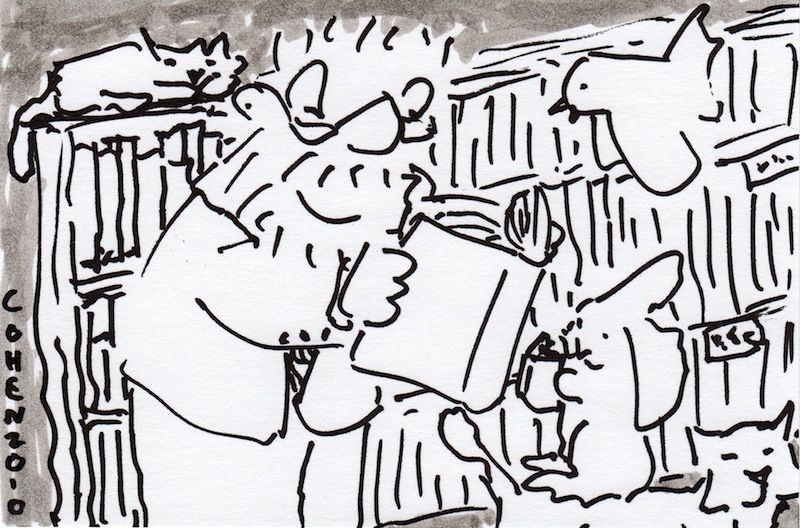
Have you ever been in a bookstore and just felt drawn to a book like a magnet? Yesterday, I had just finished a meeting in a bookstore coffee shop, so before heading back to the car I thought I would do a little title scanning – one of my favorite hobbies. As I patrolled the aisles I came upon the clearance shelf and there, staring back at me, with an inviting, “come hither”, $4.98 markdown price tag on the cover was Harry Beckwith’s “The Invisible Touch – The Four Keys to Modern Marketing.” I figured that’s a buck for each key and 98 cents for the experience: How could I resist?
Like I said, this was yesterday, so I’ve really only just cracked the cover, but I’ve already stumbled on this little gem: “Work is personal.” That’s it, three words, but when I read that I just thought “wow!” which I think mirrored the author’s reaction when he first encountered those words as a slogan on the back of a Fast Company baseball cap.
“Work is personal” – it’s kind of juicy, but I’m not going to try to outdo Harry breaking this idea down, because he just nailed it, I just felt compelled to share his words though:
“Work is not about business; it’s about us. The human dimension of business — the messy, emotional, utterly human dimension — is not merely important; it is all encompassing. As a result we must plunge into the world of feelings — truly frightening territory.”
I just love that! I think it nails a lot about why I do what I do, and I think it is so important that as a business author he acknowledges that this is not an easy nor comfortable place for the business-minded to dwell. Every day it seems the amount of evidence and literature mounts up supporting the idea that success in business is not so separate from our human qualities – just read a few Dans like Dan Pink, Dan Roam, Dan Ariely or Dan Goleman and you’ll get a taste of a rising tide of interest in the inescapably human aspects of business. We may wrap ourselves in corporate veils, but beneath that cloak we are people: frail, humble, shy, bold, altruistic, greedy, brilliant, bullheaded, savvy and irrational people. We want meaning, we want fulfillment, we want marvelous experiences – I believe that a business can provide all of those and I think you can build one of those businesses if you keep the human experience in mind for your customers, employees, vendors, and yes, for you too.
Thank you Harry for reminding us that Work is Personal – and if that’s the kind of insight that’s in the intro, I can’t wait to read the rest of your book. I’ve already gotten great returns on my $4.98 investment.
What’s the best book you’ve read lately? Got a “Wow!” to share?

, a terrific book for anyone who wants to know more about how to build a brand. The author, Marty Neumeier is absolutely brilliant at communicating the concepts that make for a successful brand. He also provides some incredible, nuanced insights into the nature of customer loyalty – an understanding that customer loyalty begins by being loyal to your customers and is only truly acheived after the customers have gone through a process of their own. They begin with a mere acquaintance with your brand, become a customer, and eventually reach a state where they begin to feel they deserve the loyalty they are being consistently given by your company. At that point the loyalty becomes a two-way street because a “belonging” mindset has been achieved. However if loyalty is not what you are consistently giving your customers you will be teaching them other behaviors and a very different mindset toward your company.
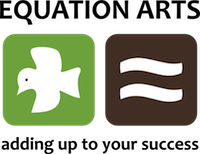
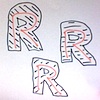

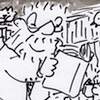
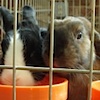

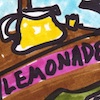

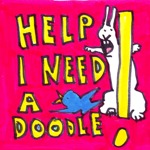

Harry told me, Work is Personal
Have you ever been in a bookstore and just felt drawn to a book like a magnet? Yesterday, I had just finished a meeting in a bookstore coffee shop, so before heading back to the car I thought I would do a little title scanning – one of my favorite hobbies. As I patrolled the aisles I came upon the clearance shelf and there, staring back at me, with an inviting, “come hither”, $4.98 markdown price tag on the cover was Harry Beckwith’s “The Invisible Touch – The Four Keys to Modern Marketing.” I figured that’s a buck for each key and 98 cents for the experience: How could I resist?
Like I said, this was yesterday, so I’ve really only just cracked the cover, but I’ve already stumbled on this little gem: “Work is personal.” That’s it, three words, but when I read that I just thought “wow!” which I think mirrored the author’s reaction when he first encountered those words as a slogan on the back of a Fast Company baseball cap.
“Work is personal” – it’s kind of juicy, but I’m not going to try to outdo Harry breaking this idea down, because he just nailed it, I just felt compelled to share his words though:
“Work is not about business; it’s about us. The human dimension of business — the messy, emotional, utterly human dimension — is not merely important; it is all encompassing. As a result we must plunge into the world of feelings — truly frightening territory.”
I just love that! I think it nails a lot about why I do what I do, and I think it is so important that as a business author he acknowledges that this is not an easy nor comfortable place for the business-minded to dwell. Every day it seems the amount of evidence and literature mounts up supporting the idea that success in business is not so separate from our human qualities – just read a few Dans like Dan Pink, Dan Roam, Dan Ariely or Dan Goleman and you’ll get a taste of a rising tide of interest in the inescapably human aspects of business. We may wrap ourselves in corporate veils, but beneath that cloak we are people: frail, humble, shy, bold, altruistic, greedy, brilliant, bullheaded, savvy and irrational people. We want meaning, we want fulfillment, we want marvelous experiences – I believe that a business can provide all of those and I think you can build one of those businesses if you keep the human experience in mind for your customers, employees, vendors, and yes, for you too.
Thank you Harry for reminding us that Work is Personal – and if that’s the kind of insight that’s in the intro, I can’t wait to read the rest of your book. I’ve already gotten great returns on my $4.98 investment.
What’s the best book you’ve read lately? Got a “Wow!” to share?